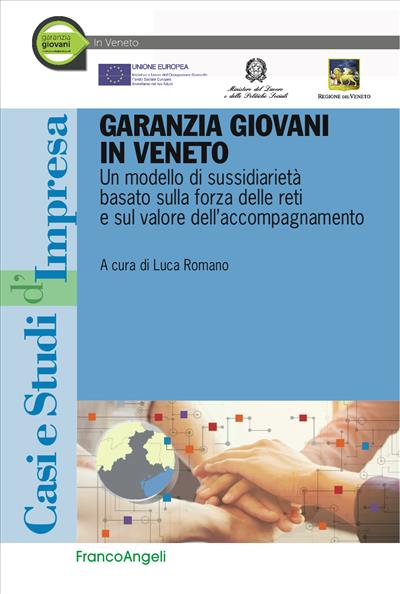
A cura di: Manuela Samek Lodovici, Renata Semenza
Precarious work and high-skilled youth in Europe
Risk transitions and missing policies for young highly-skilled workers in Europe is a research project funded by the European Commission. The project aims to emphasise not only the occupational conditions of precarious workers, but the influence of a situation of uncertainty on crucial choices in the private lives of young Europeans.
Pagine: 208
ISBN: 9788820407377
Edizione: 1a edizione 2012
Codice editore: 365.937
Disponibilità: Buona
Pagine: 208
ISBN: 9788856856255
Edizione:1a edizione 2012
Codice editore: 365.937
Possibilità di stampa: No
Possibilità di copia: No
Possibilità di annotazione: No
Formato: PDF con DRM Readium LCP




